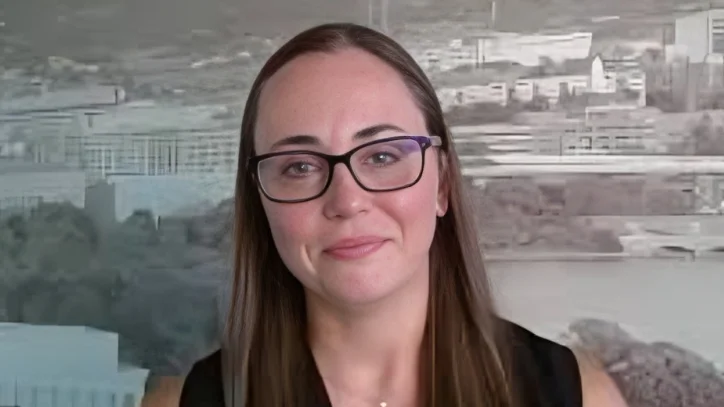
Americans are increasingly frustrated with Congress, perceiving inefficiency and waste in the legislative process. The growing national debt is seen as a threat to economic stability, crowding out other priorities and risking stagnation.
Members of Congress share this frustration, often facing votes on deals they had no part in shaping. Equal representation is hindered by a lack of open deliberation. The current budgeting process consumes significant time yet remains unproductive. Each year, Congress attempts to approve 12 separate appropriations bills covering just 26 percent of spending, usually culminating in a year-end omnibus bill after short-term patches.
Revenue and other spending are often overlooked during the appropriations process, leaving committees without regular means to manage their portfolios. Occasionally, one-party control allows for fast-tracking partisan priorities, but this approach is polarizing and selective.
Policy experts continue to propose solutions, but these are rarely utilized by Congress. Long periods of inactivity punctuated by sudden changes create challenges for journalists and policy advocates alike.
In January 2024, Representatives Blake Moore (R-UT) and Marie Gluesenkamp Perez (D-WA) introduced the Comprehensive Congressional Budget Act (CCBA), aiming to transform federal budgeting into an inclusive and productive process. The bill seeks to empower all members of Congress—particularly those on budget, authorizing, and appropriations committees—to revisit outdated policies and reshape the federal budget for contemporary needs.
The CCBA would provide an annual opportunity for members of every committee with spending or revenue authority to review programs and adjust priorities. This recurring chance to negotiate deals would encourage collaboration while reducing polarization. Regular reviews would expand congressional knowledge of federal programs and reinvigorate policymaking powers, helping check executive overreach.
Members would be more accountable for outcomes but equipped with tools to shape results effectively. A comprehensive budget could enable sustained progress toward fiscal responsibility by providing political cover needed for tough decisions on deficits and debt control.
The proposed CCBA framework includes contributions from all committees in developing an annual budget act. Budget committees would coordinate the process through concurrent resolutions guiding other committees. Appropriators would manage discretionary spending through subcommittees while bundling appropriations bills with submissions from other committees without substantive changes.
Authorizing committees would oversee mandatory spending programs within their jurisdictions, proposing policy changes during markups within allocated budgets. Revenue policies would be addressed by Senate Finance and House Ways and Means committees against revenue targets.
The CCBA does not prescribe specific details but creates a framework for navigating them. Authorizers and appropriators would work within allocations set by budget resolutions under oversight from budget committees ensuring consistency with instructions.
Much of the existing federal budget process would remain intact under the CCBA framework but enhanced with bottom-up budgeting empowering Congress comprehensively. The act aims to unleash congressional energy and talent, transforming legislative culture towards improved governance outcomes.
The Comprehensive Congressional Budget Act promises substantial improvements in federal budget institutions, helping Congress reclaim control over fiscal policy.
___